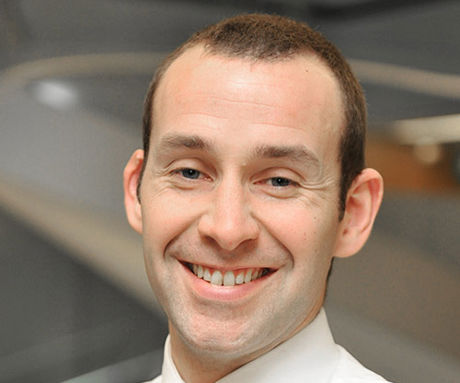Explore
Discover more of our expertise:
Experts
Contact our team today:

Peter Scuderi
Australasia Operations Consulting Leader
Leading our Assets and Operations – Operations Consulting Services, Peter Scuderi has a team of specialists focused on logistics, supply chains, human factors, business performance improvement and operational readiness.

Dan Evanson
UKIMEA Operations Consulting Leader
Dan is an experienced operations consultant with significant global practical knowledge across operations, project delivery, change management and wide-ranging stakeholder engagement.

Conor Cooney
Associate Director
Conor currently leads our Assets and Operations service in Europe.









